
Read or listen offline
automatisch generiertes Audio
1×
automatisch generiertes Audio
Recommendation
Social Security. Medicaid. When it comes to federal aid, you’re most likely to think of programs that aid the poorest Americans. However, the US government channels billions of dollars in invisible aid to wealthy homeowners. As President Donald Trump cuts housing programs and poor renters struggle, it’s important to consider how the current system exacerbates inequality. Find insight and empathy in a thought-provoking exploration with Pulitzer Prize–winning author and sociologist Matthew Desmond. getAbstract recommends his analysis to curious policymakers and activists.
Take-Aways
About the Author
Author and sociologist Matthew Desmond wrote the Pulitzer Prize–winning book, Evicted: Poverty and Profit in the American City.
By the same author
Book
Learners who read this summary also read
Report
Report
Book









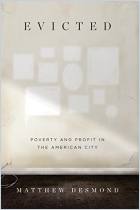
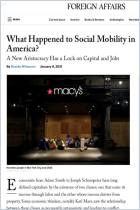
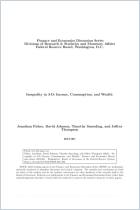


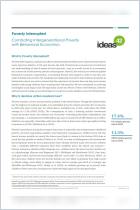
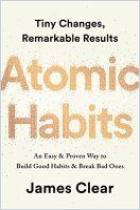



Comment on this summary or Diskussion beginnen